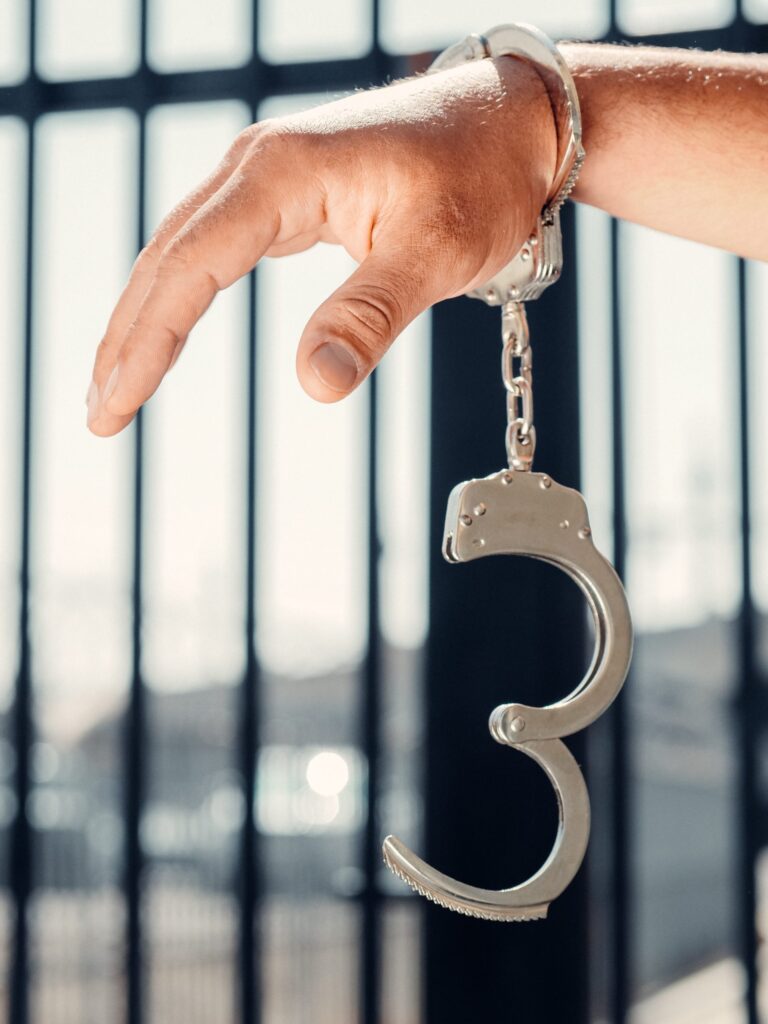While IDFPR will, in some cases, issue a license to an individual with a criminal history, failure to disclose such convictions can bring you even more troubles. To obtain professional licensing from the Illinois Department of Financial and Professional Regulation (IDFPR), individuals must comply with specific requirements, including listing any criminal convictions. While professionals might presume that those who have a criminal record will automatically be denied a license, that is not the case.
Current IDFPR Licensing Policies
In 2016, IDFPR streamlined the application process and opened the door for those with prior convictions to be granted a license in their career field. A criminal history may cause a delay to the application process while the full criminal history is reviewed and evaluated, but ultimately only about 1% of applicants are denied a license due to their criminal record. Barbers and cosmetologists can apply for a license while they are still serving time, about six months before their parole.
Every licensed profession has varying standards applied to their licensing with regard to past criminal history. Health care workers can be denied licensing if their convictions were for (1) crimes that forced them to register as a sex offender; (2) any sexual offenses against a minor; (3) convictions for criminal battery against a patient; or (4) forcible felonies such as murder, kidnapping, and armed robbery. However, even if a health care worker is denied a license due to a conviction, there is still an elevated review process for the denial.
Alternatively, applicants for massage therapist licenses are denied automatically in cases where they have been convicted of prostitution, rape, or other sexual misconduct, including being a registered sex offender.
Permanent Employee Registration Card (PERC) in Illinois
Workers seeking a Permanent Employee Registration Card (PERC) must not only be truthful about any criminal history on the application, but they must also be fingerprinted in anticipation of a background check. The IDFPR will not issue a PERC to anyone who is found to be unfit to serve. Disqualifying convictions include armed violence or robbery, two or more violent acts against anyone or property, perjury or forgery, drug offenses, and any sexual offenses. Furthermore, IDFPR will look at any criminal history in other states. However, IDFPR may, in its discretion, grant a PERC if convictions are more than ten years old. They may also consider general character and rehabilitation before a final determination is made.
Talk with an Illinois Attorney If You Receive an IDFPR Denial
Undisclosed criminal convictions will likely result in the permanent denial of any licensing for the untruthful applicant. Omissions are heavily frowned upon by IDFPR because they imply that the applicant is intentionally hiding their criminal history. It happened; best is to own it and show how you’ve moved on.
Additionally, if a conviction occurs while a professional holds an active license, then that offense must be added to the renewal application. Failure to disclose any conviction can result in a nonrenewal and possibly permanent denial of the license.
If an applicant receives a denial letter from the IDFPR, there is an appeal process, and the IDFPR will review its decision and may reverse the denial. It is advisable to hire an experienced attorney who can assist in the appeal process.



